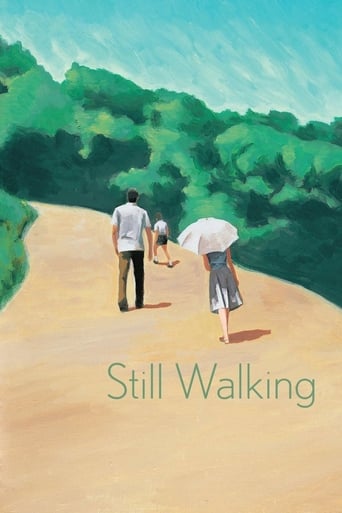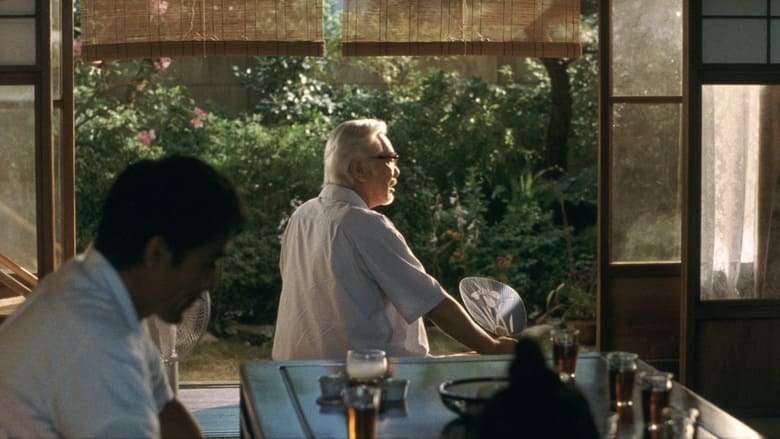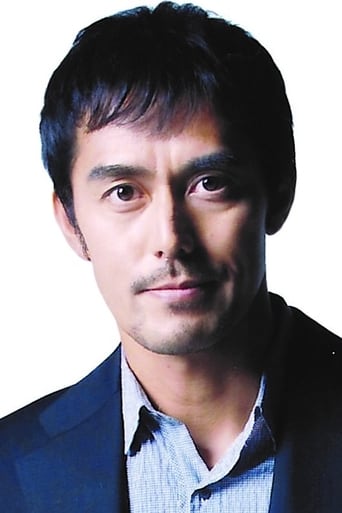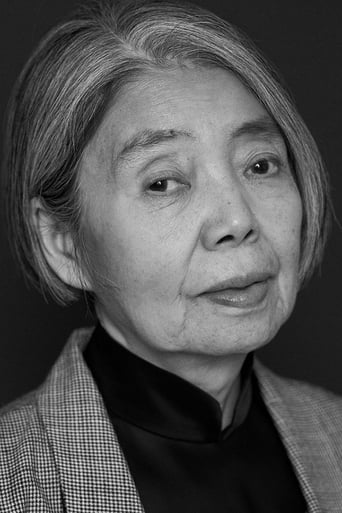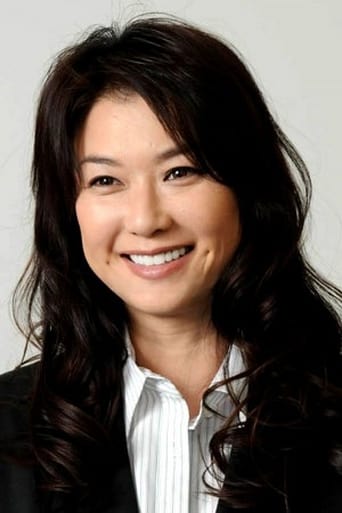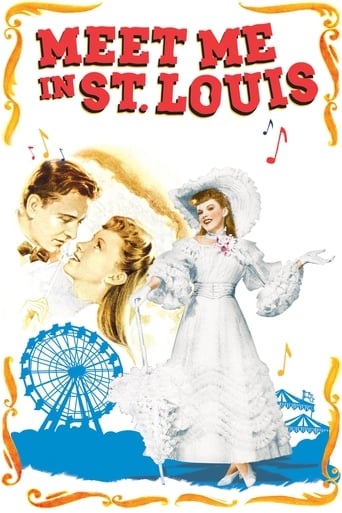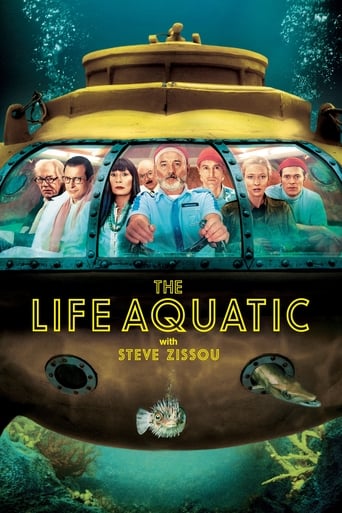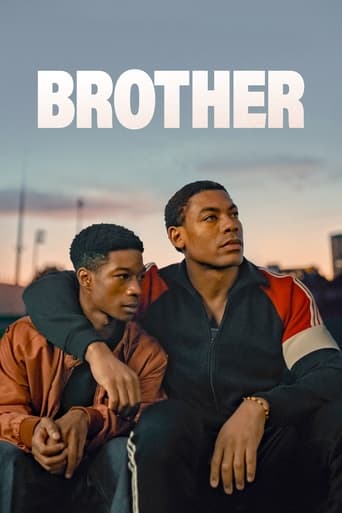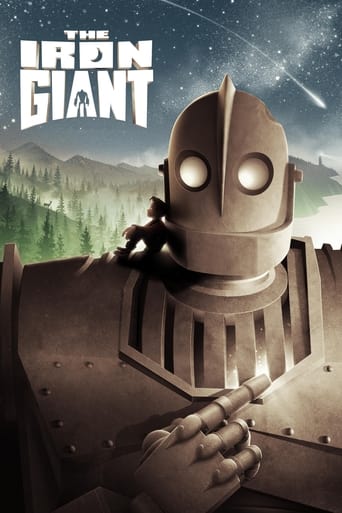Still Walking (2009)
Twelve years after their beloved eldest son, Junpei, drowned while saving a stranger's life, Kyohei and Toshiko welcome their surviving children home for a family reunion. Younger son Ryota still feels that his parents resent that he isn't the one who died; his new wife, Yukari, is awkwardly meeting the rest of the family for the first time. Daughter Chinami strains to fill the uncomfortable pauses with forced cheer.
Watch Trailer
Cast


Similar titles
Reviews
Too much of everything
Pretty Good
Fun premise, good actors, bad writing. This film seemed to have potential at the beginning but it quickly devolves into a trite action film. Ultimately it's very boring.
All of these films share one commonality, that being a kind of emotional center that humanizes a cast of monsters.
I never knew who was Hirokazu Koreeda before but after this film i salute him. The direction, the acting, and the unique feeling "Still Walking" give just amazing. Don't expect dramatic scene in this film. It's a meditation about life. The acting from Kiki Kirin just unbelievable, stunning, and very very natural. The film just a daily life experience yet it's touching like no other films does. Still Walking feels very close to a detail of family reunion and very touching. Authentic experience of family drama. What a great cinema experience. I will never forget this film in my life. 9 out 10.
This beautiful film introduces the viewer to three generations of a Japanese family as they gather at the home of the parents/grandparents. Through the movie we discover a lot about the complex emotional relations between them. The oldest son has died some years earlier and his memory is central to the family. Influenced by the great filmmaker Ozu, this film moves in a slow, contemplative pace. Nonetheless the discoveries the viewer makes about the family members burst quietly and sustain the viewer's interest in the family. The intensity of the relationships in the family and the film's close focus on them left me feeling, just as in life, both that I knew these people well and that there was a lot that I didn't know about them. I will watch this film again to see what more I can learn about these people.
Slowly evolving family drama with the plot built around the visit of adult son and daughter with their families on the anniversary of the death of the older son. It is the first movie from the director and writer Hirokazu Koreeda that I have seen and I felt immediately in love with his style of telling the story. Formally focusing on everyday activities during the visit - preparing the food, walking, taking the bath - "family truths" and biases of parents towards children and vice versa are revealed. Focusing on common activities the movie provides its apparent simplicity, but each time when the viewer starts to be almost bored by its naturalism, he is surprised by some revelation of family relationships. In these small details the family relationships are becoming complex like the life itself. For me, as a person with an European cultural background, it was also very interesting to see how this family story that includes problems between parents and children characteristic for every culture, looks in the context of Japanese Shintoist and Budhist traditions. That is what I expect from a good movie: to touch topics common for the all human race and to show it in the context of specific cultures.
"Aruitemo aruitemo" is about ordinary Japanese people. Comparable to the 1980 Robert Redford-directed film starring Timothy Hutton, this Far East import also deals with a mom, and how she distributes her love among the children unequally, forcing the left behind son to compete against the dead one, the favored one, the first born. Fifteen years ago, Ryo's brother died in the ocean while trying to save another boy. With a wife and child among him, Ryota(Hiroshi Abe) has returned home for a reunion(to commemorate the fifteen-year anniversary of his sibling's untimely passing), where he faces not just a frosty mother, but a father who's the antithesis to the sire played by Donald Sutherland in the Redford film. Ryota brings home damaged goods; his wife and child are widow and stepson, and they rate far below their daughter's husband and two children, in spite of the Japanese people's partiality for boys over girls. Whereas Calvin Jarrett(Sutherland) loved his son unconditionally, Kyohei(Yoshio Harada) admonishes Ryota for not following in his footsteps by becoming a doctor. Although the surviving son is in the restoration business too, artwork can't begin to compete with the prestige of fixing people, thus the wedge was set between them years ago, and festers there still, throughout the duration of what will be his final visit back home. The mother(played by Kirin Kiri), who seems to be the more congenial parent, entertains Ryo's wife with her son's childhood things, and pulls out an old school essay, in which the boy had expressed an admiration for his father and the medical profession. But that fatal accident at the beach had brought out the truth in how the family worked, so Ryo turned to art history, probably to spite his father who loved him half as much as the first born. Sympathetic portrayals both, the widow and the stepson, nevertheless, they follow the pattern of reduced expectation, in which Ryo, had his brother lived on, would have married more prudently, and summoned a blushing bride for procreation. Told in retrospect, "Aruitemo aruitemo" takes place, perhaps, about ten years in the past, the amount of time it took Ryota to make peace with his parents, and love them unconditionally, once again."Your family isn't normal," says Toshiko to her son, on the return trip from a pilgrimage to the dead son's grave. She doesn't count Ryo's stepson as his real child. Such bluntness shocks, the cruelty of her words. Clearly, the tragedy had curdled her heart. At the outset, the mother makes corn "tempura" for her familial guests, especially the children, but on this same walking tour, the moviegoer learns that she can barely stand kids, and shudders at the thought of her daughter's filial plan of moving back home with her family. The filmmaker excels at showing how oblivious the young children are to the anger that bubbles beneath the surface of each family gathering. They don't see that the grown-ups are ready to implode. The mother's worst behavior, however, is reserved for the boy who survived, an overweight dropout with no career prospects whom the family invites every year, so that he remembers the sacrifice made on his behalf, a sacrifice in vain. The mother tells Ryota that he wants the boy to suffer just as she had suffered. The father calls him "trash". In "Ordinary People", the surviving brother(Hutton) was at the scene of the boating accident, and is made to feel by the mother(played by Mary Tyler Moore) that the wrong son lived on. In light of the parents' disapproval over his family life and occupation, it's easy to see how Ryo might feel that mom and dad are projecting on the hapless guest, their disappointment over himself being the only surviving male heir.When Ryota returns home, his parents are long-dead, but now he has a new addition, a daughter, who joins her parents and brother in honoring the grandparents she never met. As he pours water over their tombstone, the moviegoer speculates as to why Ryota finally made peace with his folks. Our eyes turn to the little girl, and we remember the old woman's words. The moviegoer wonders if he agrees with her. The dousing of the tombstones can be read as a son waking up his parents, in order for them see the grandchild they always wanted. Considering how Ryota's parents felt about the widow and stepson, it's somewhat perverse for them to participate in the ceremony. "Aruitemo aruitemo" is very, very Japanese. They're not like American people. They're not ordinary people.

